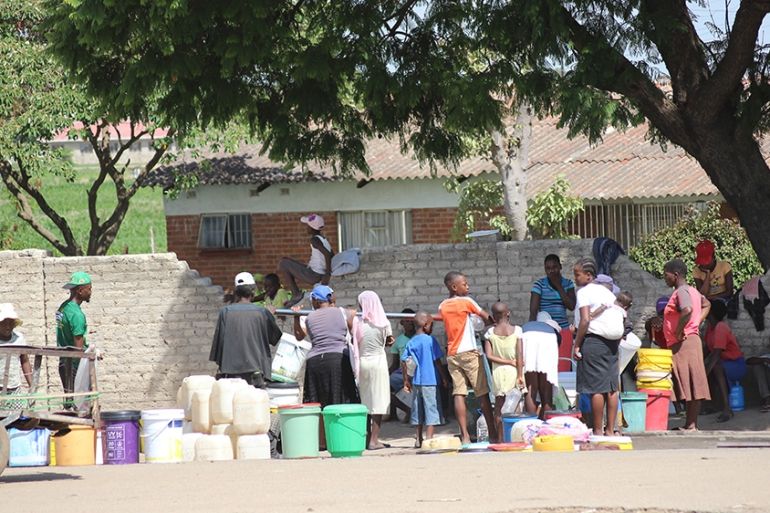
Audrey Galawu—Assistant Editor
In a landmark move aimed at reshaping its economic destiny, Botswana has enacted a ban on the export of unprocessed rough diamonds, mandating that all diamonds mined within its borders must be cut and polished locally before export. The decision, announced by President Duma Boko, targets the core of Botswana's long-standing economic paradox: immense diamond wealth coupled with persistent unemployment and inequality.
"For too long, we have exported our greatest treasure in its raw form," declared President Boko. "This country shouldn’t be where it is. This country shouldn’t be in debt." His statement underscored a shift towards assertive economic sovereignty, drawing immediate praise from observers.
"This is a game-changer for Botswana's economic development," commented Franco Bonghan on social media. Bongan is a prominent business consultant specializing in African resource economies.
"For the first time, an African leader takes full ownership of economic challenges, identifies the root issues, and acts decisively without pointing fingers at others. Every nation has the right to thrive, and Botswana is showing the world how to turn vision into action!” Bonghan said.
Botswana, the world's second-largest diamond producer by value, has historically been heavily reliant on diamonds. The gems account for over 80% of export earnings and approximately 30% of the nation's GDP. Despite boasting a relatively high GDP per capita of $7,250 for the region, the country faces significant internal challenges:
High Unemployment: An overall unemployment rate of 27.6% masks a devastating youth unemployment rate nearing 45%.
Revenue Volatility: Global diamond demand fluctuations recently saw Botswana's rough diamond sales plummet from $6 billion in 2022 to $2.7 billion in 2024, severely impacting national income.
Related Stories
Extreme Inequality: A Gini coefficient of 53.3 ranks Botswana among the world's most unequal societies.
The export ban is the centerpiece of a strategy designed to address these deep-seated issues by capturing more value from Botswana's diamonds within its own borders. The government aims to create thousands of skilled jobs, boost national revenue & stabilize income, and reduce inequality.
While diamonds remain crucial, President Boko explicitly linked this move to a broader strategy to diversify the economy. "Our focus extends beyond diamonds," he said, pushing for growth in "climate-smart" agriculture, renewable energy, and technology sectors to build a more resilient economy less dependent on a single resource.
The ban will significantly impact existing partnerships, notably with De Beers, through the Debswana joint venture. While details on the transition timeline and capacity building are still emerging, the government has signaled its commitment to working with industry partners to establish the necessary infrastructure and skills training programs.
The move is seen as high-risk, with some analysts warning of disinvestment and the flight of capital from the southern African nation. Challenges include rapidly developing a skilled workforce, ensuring competitive efficiency, and navigating potential market reactions.
However, the Boko administration and supporters like Bonghan view it as an essential and long-overdue step towards true economic transformation, which could set a rule book for other resource-rich African nations whose economies don’t match their resource wealth, like Zimbabwe and the Democratic Republic of Congo.
"Botswana isn't just talking about economic empowerment; it's legislating it," Bonghan concluded. "The world, especially other resource-rich African nations, will be watching closely."




















Leave Comments